
Liverpool in troubled waters with Tibet over contentious Chinese sponsorship deal
Liverpool Football Club make a splash in all the wrong ways by signing a deal with a Chinese water bottling company
English Premier League (EPL) football clubs are among the most valuable sports team brands in the world.
This year, Manchester United topped Deloitte’s global list in its annual review of football finance, with revenues of £515 million (US $674 million).
Over the last decade or so, television deals have taken over match day gate as the biggest source of income, while sponsorships have also become a lucrative source of revenue for clubs.
Sponsors’ logos are ubiquitous across the EPL. A recent rule change means a club can now sell space both on the front of its team shirts and on its sleeves.
Alongside such deals, the market has led to all manner of other sponsorships, naming rights arrangements, and commercial partnerships emerging.
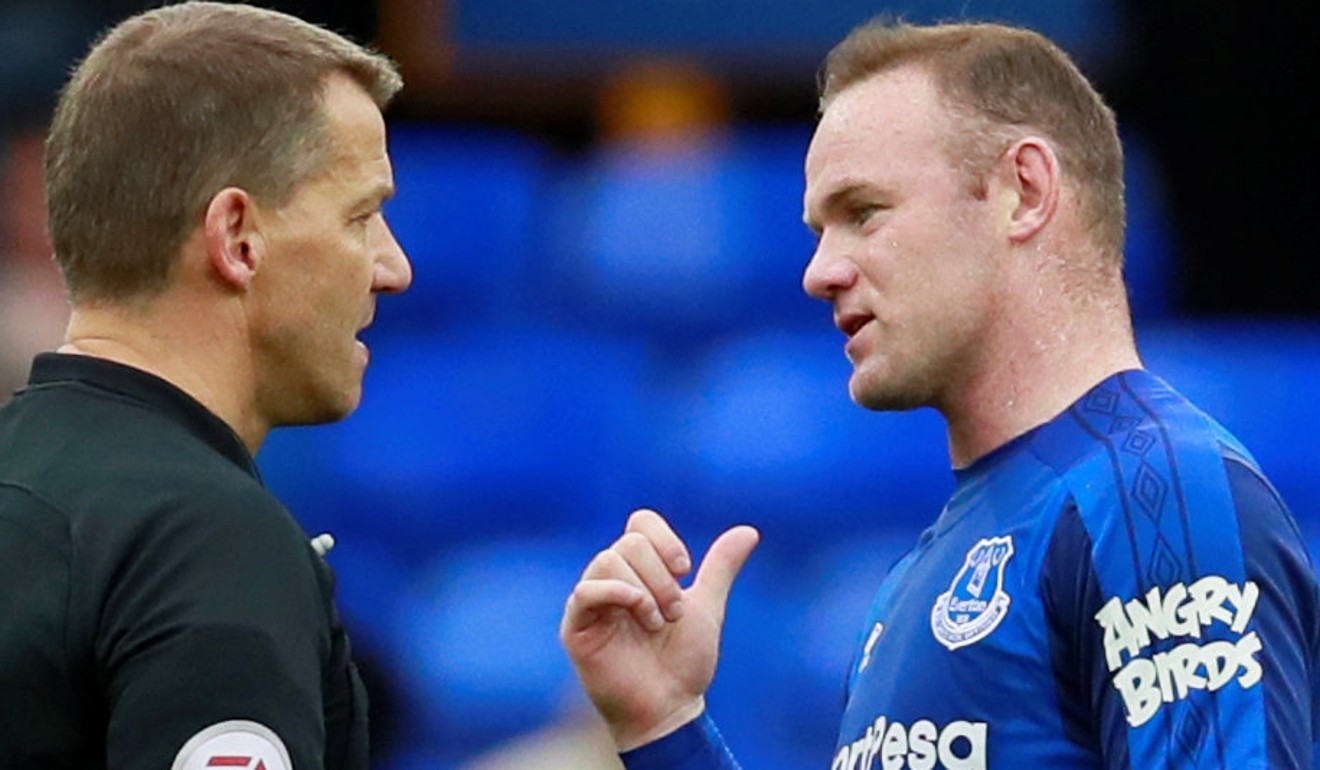
For instance, following the lead set by North American sports, football clubs often now sign deals with “category partners”.
In United’s case, the club has several official partners including a winemaker (Casillero del Diablo) and a mattress and pillow manufacturer (Mlily).
While United have become masters in the art of commercial deal-making, most other EPL clubs are trying to follow suit.
One of United’s closest rivals, Liverpool, are no exception. Following a change of ownership in 2010, when the owners of the Boston Red Sox baseball team acquired the club, there has been an increasingly strong focus on generating new streams of revenue, especially from Asian sources.
The club’s main shirt sponsorship deal with financial services company Standard Chartered was the result of their strength in some South Asian markets, and the company’s desire to build its presence in them.

It was therefore unsurprising last summer when Liverpool signed a category partnership deal with a Chinese company.
China has been the focus of frenzied commercial activity in recent years, as European clubs have fought it out for the presumed financial windfalls of President Xi Jinping’s football revolution. However, in the period since then, Liverpool’s deal has raised eyebrows and attracted criticism from some quarters.
The deal, which created a new category partnership for the club (“Official Regional Water Partner in China”), was agreed with Tibet Water Resources Limited (TWRL).
The official announcement was wrapped-up in marketing puff on both sides: from Liverpool, “We look forward to working together with Tibet Water to create opportunities to further engage with our supporters”; and from TWRL, “We are proud to be [the club’s partner], one of the world’s most renowned football teams with a massive fan base around the globe”.
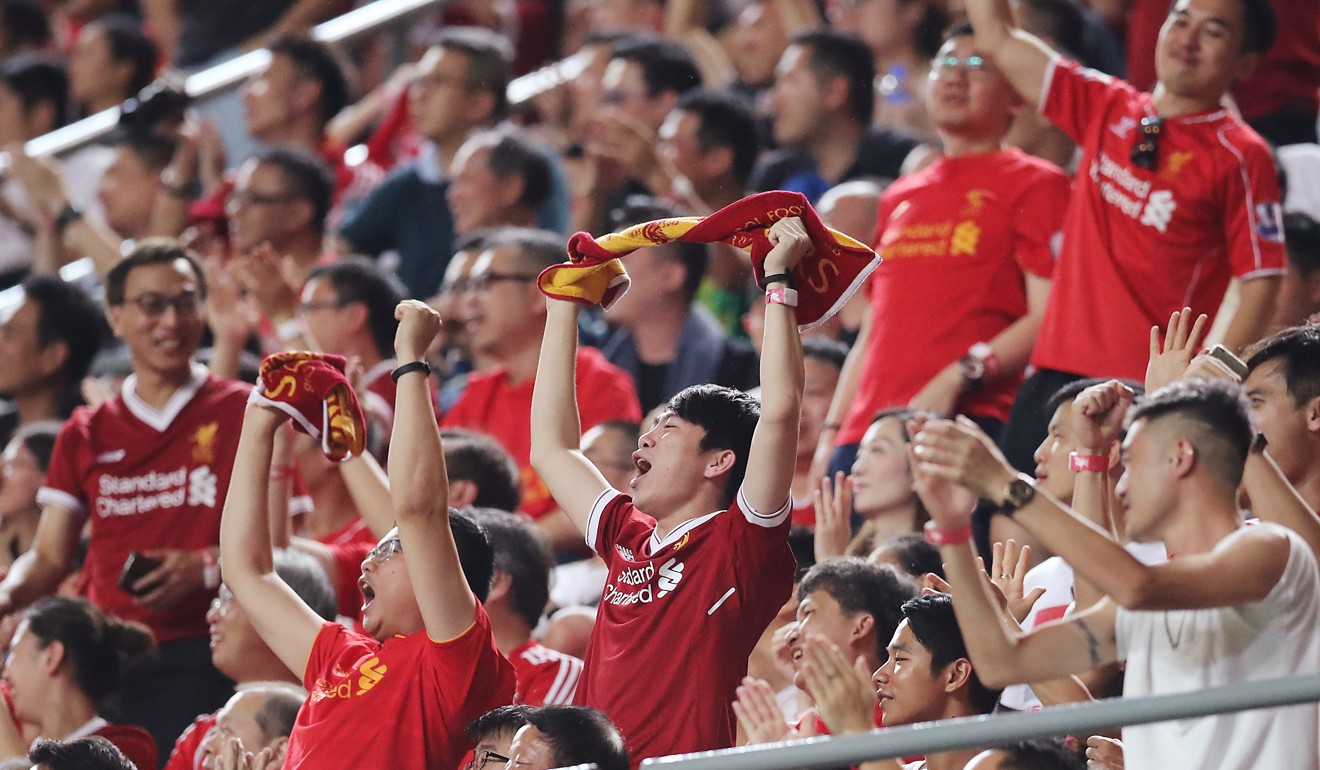
Superficially at least, the deal seemed like lucrative business for Liverpool. However, concerns were soon expressed.
Soon after the deal’s official launch, the Indian-based Central Tibetan Administration (CTA) – also known as the Tibetan Government in Exile – issued a public statement in which it asserted that, “It is regrettable that LFC has announced TWRL as their [partner].
“TWRL is commercially exploiting Tibet’s water resources, thereby further undermining Tibet’s right to self-determination.
“While the Chinese company profits from Tibet’s resources, water bottling in Tibet threatens the region’s fragile ecosystem, which is already threatened by the effects of pollution, climate change and controversial development projects.”
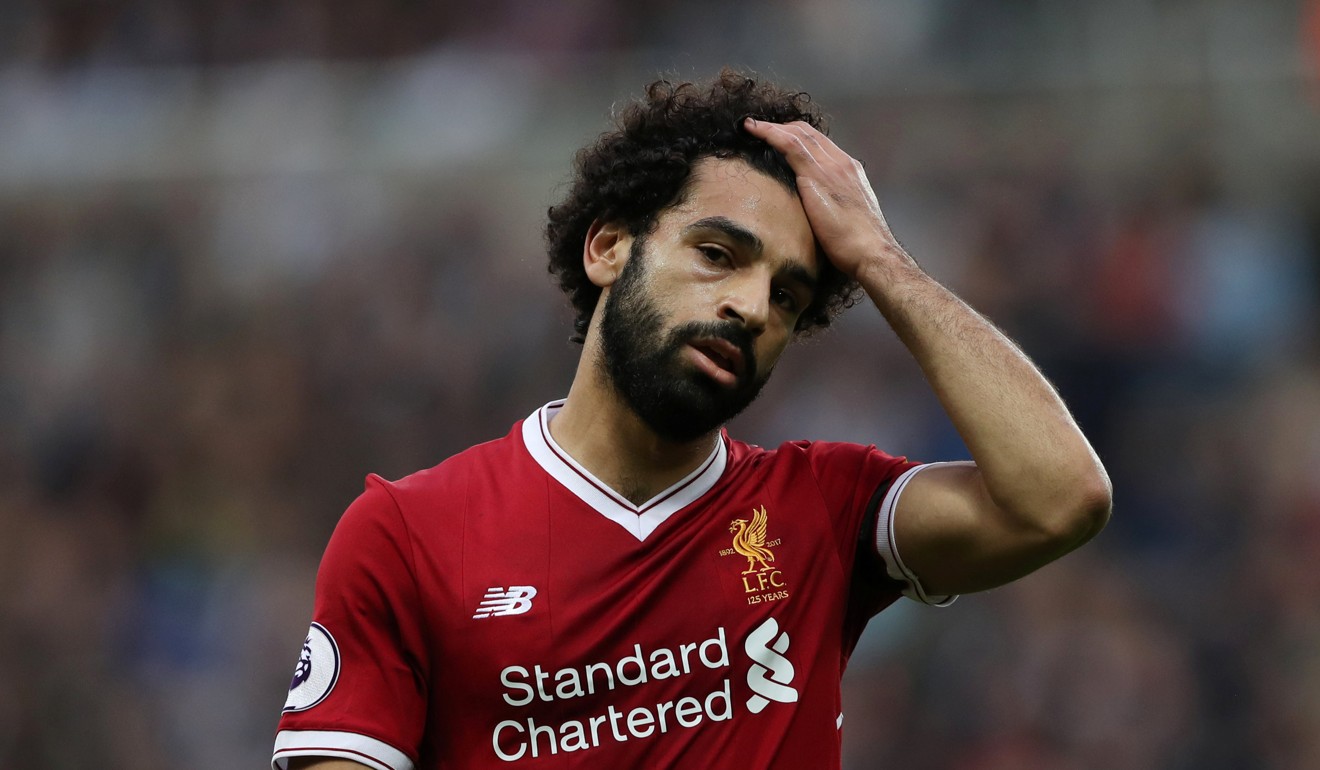
A recent report in Britain’s Financial Times has, in turn, suggested Liverpool might now have to consider withdrawing from what is, for some, an unethical, immoral and highly-charged relationship with TWRL.
Political debate about Tibet aside, Liverpool seem to have sleepwalked into one of the world’s most sensitive territories.
There was something inevitable about the CTA’s announcement as well as the Financial Times’ follow-up, leaving one to question how the club could have been so careless in the first place.
As soon as club officials first heard the word “Tibet”, it should have been sufficient for them to retrench from any proposed deal and look instead at other potential sources of sponsorship revenue from within China.
One assessment of the situation, however, is that by signing with TWRL, Liverpool made a simple, implicit statement that they are in the business of football, not of politics.
A more cynical interpretation is that in the EPL, money trumps politics, ethics, and often even the football itself.
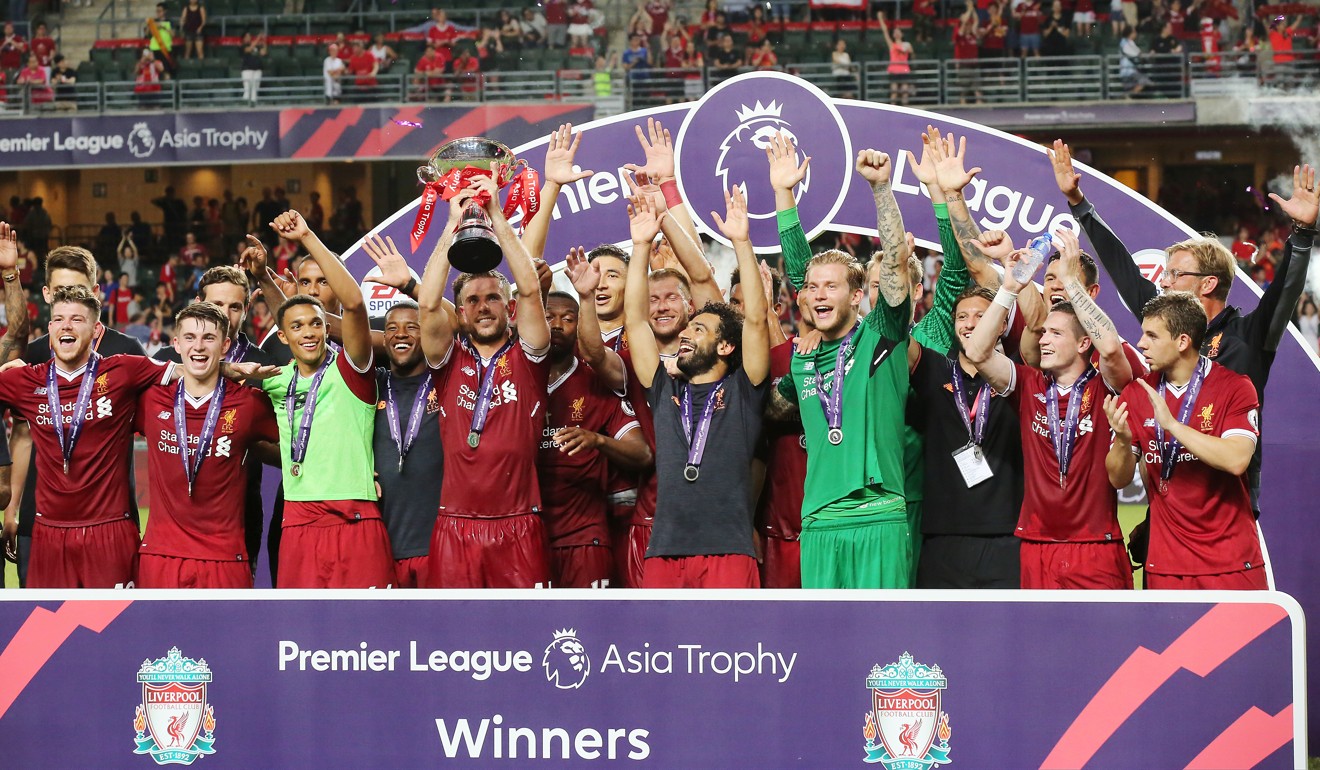
Liverpool’s management team should have been better prepared for the potential fallout of its dealings with TWRL.
Especially so because, as a brand, Liverpool have always positioned themselves as being community oriented.
Given a perpetually fraught international debate around Tibet, the club should have been better attuned to the sensitivities of such an arrangement.
China, too, must surely have learned a lesson from this episode. The authorities there already have an insight into the way that avaricious Westerners have been financially feasting on its football.
High transfer fees, inflated salaries and large payments to intermediaries have irked the government. And now it is clear that avarice extends to sponsorship deals; in the case examined here, China is potentially being drawn into the global spotlight (which it may not appreciate) by an overseas organisation whose sole intent seems to have been to make money from the Chinese.
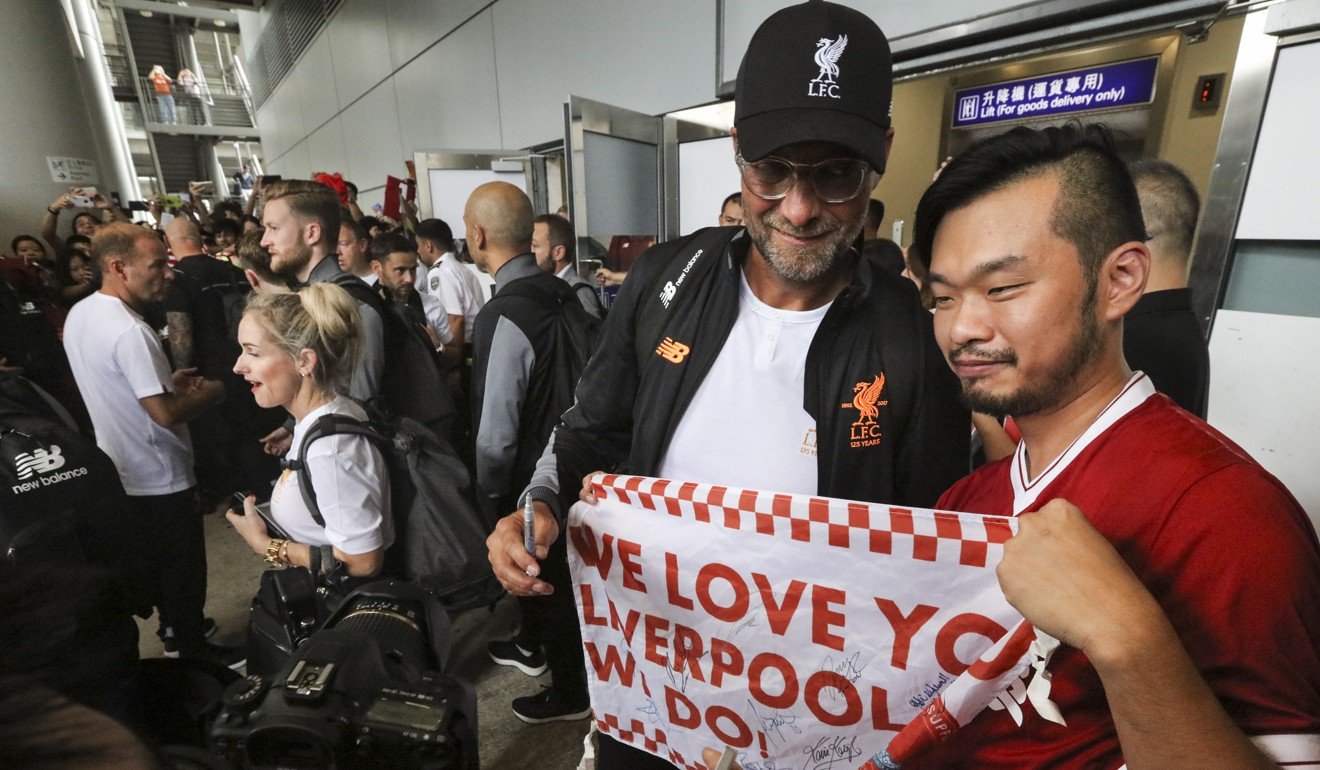
All that said, Liverpool might not have been as naive in signing with TWRL as many people think.
The club has long been rumoured to be the subject of a takeover bid from a Chinese state-owned entity.
If true, this suggests that venturing into the sensitive territory of Tibet was possibly a conscious and calculated attempt by Liverpool’s owners to curry favour with prospective investors from China.
In which case, if the TWRL deal is terminated, perhaps it will signal that the proposed takeover attempt of Liverpool by Chinese investors is finally dead?

